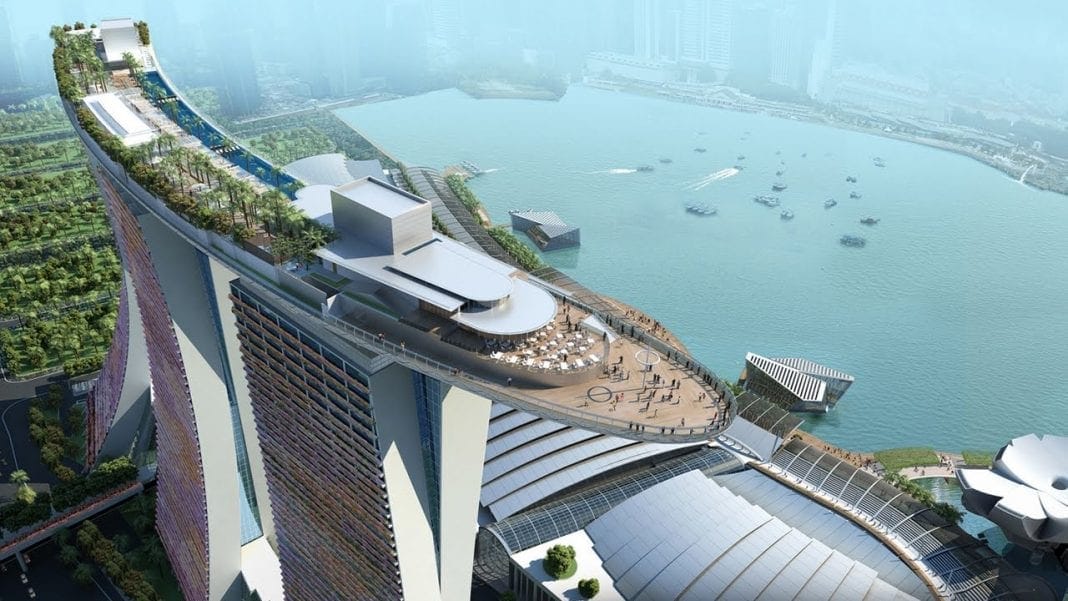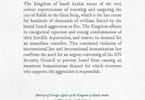(eTN) – Stung by an internal revolt last week leading to the sacking of his national security advisor, Khartoum’s regime leader, Sudan President Omar Hassan al-Bashir, threatened to go back to war to keep the disputed oil state of Abyei under northern domination. This was learned overnight from a source in Juba responding to an inquiry by this correspondent.
Offering more insight into the workings of the regime in Khartoum, the same source then added that that Bashir’s own position in the regime was weakening, following the nearly 100 percent vote for independence in the south and that he was being blamed by hardliners for the “defeat.”
It was suggested that both Darfur, where open conflict still rages on, and the remaining southern states of Abyei, Blue Nile, and South Kordofan will be the most likely areas in the coming months where the regime will try to make a stand. While cautious of a direct military intervention, considering for instance the international involvement in Libya at present, they might once again use proxy militias, like the Janjaweed in Darfur, to wage terror on the population and keep hold of the oil reserves found in Abyei.
Meanwhile, the leadership in the south is pursuing diplomatic options in enlisting the support of regional countries in Eastern Africa and also of the international community with one senior source saying: “We are seeing how the situation in Libya has brought NATO into play. Their no-fly zone has helped the liberation movement to face a more level situation on the battlefield. Should Khartoum really try to go back to war, we expect something similar to happen here.
“We trust the international community to do the right thing this time, not like in Darfur where it took too long or here in the south were we had to fight our own battles and Khartoum bombed our villages. If Khartoum does not respect the rights of the people of Abyei in the referendum, if they deny freedom from slavery for our brothers and sisters from South Kordofan and Blue Nile, they are miscalculating very badly.”
In recent weeks, a wave of Khartoum-sponsored attacks by their proxy militias were taking place in some parts of South Sudan, ably defeated though by the SPLA and her allies, ahead of Independence Day, which will take place on July 9 with the main celebrations to be held in Juba.
WHAT TO TAKE AWAY FROM THIS ARTICLE:
- Offering more insight into the workings of the regime in Khartoum, the same source then added that that Bashir's own position in the regime was weakening, following the nearly 100 percent vote for independence in the south and that he was being blamed by hardliners for the “defeat.
- In recent weeks, a wave of Khartoum-sponsored attacks by their proxy militias were taking place in some parts of South Sudan, ably defeated though by the SPLA and her allies, ahead of Independence Day, which will take place on July 9 with the main celebrations to be held in Juba.
- While cautious of a direct military intervention, considering for instance the international involvement in Libya at present, they might once again use proxy militias, like the Janjaweed in Darfur, to wage terror on the population and keep hold of the oil reserves found in Abyei.






















